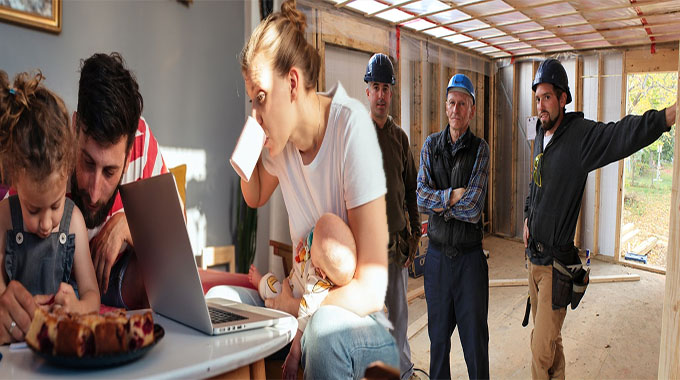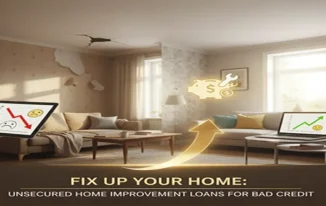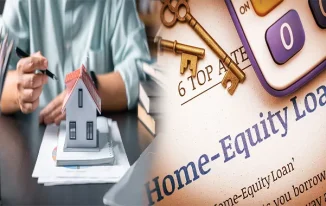Low-income families can apply for home improvement grants, low-interest loans, Covid 19 home repair grants, and disaster relief. Disaster relief can come from federal or state programs, nonprofit organizations, or community agencies. Eligibility is based in large part on income. Assistance is usually provided for single-family homes, and to individuals who meet specific income thresholds. Read on to learn more about these programs. You might qualify for one of them.
Restore Program
If you’re interested in saving money while repairing your home, you may want to consider applying for a grant or loan. Home improvement grants and loans provide low-interest money to help you complete projects that can improve the condition of your house. Disaster relief grants are available after natural disasters. They provide money to help rebuild homes and address safety issues. You can find grants through federal, state, or nonprofit organizations. Often, eligibility for home repair grant programs depends on your income, so you’ll have to meet certain thresholds to qualify.
While applying for a grant may seem like a daunting task, it can be very rewarding. The Office of Housing and Community Development offers a variety of home repair programs designed to help low and moderate-income families maintain and improve their homes. Eligible households must have an income between 80% of the area’s median income. If you’re planning to repair your home, consider applying for a Covid-19 Home Repair Grant!
CDBG-COVID Housing Repair Program
The CDBG-COVID Housing Repair Program in Buffalo, New York, helps small-scale landlords and homeowners make necessary repairs for the health and safety of tenants and residents. The program is designed to reduce the risk of COVID-19 by bringing vacant rental units up to code. The program supports the West Side neighborhood, Allentown, and Central Planning Neighborhoods in Buffalo. Eligible residents can apply for assistance through the program.
Although the CARES Act requires grantees to comply with some program requirements, they may also use the funds for other coronavirus-related activities. The Department encourages grantees to apply for additional CDBG-CV funds by submitting substantial amendments to their annual action plans. The CARES Act authorizes grantees to support activities that help mitigate direct and indirect effects of the virus, such as disrupted housing markets and economic activity.
Section 504 Home Repair Program
If you live in a low-income neighborhood and are in need of some repairs, consider applying for Section 504 Home Repair Grants. These grants are designed to help homeowners with limited funds repair their homes. These grants may help you repair your home’s structural problems, paint or add safety features. There is no deadline for applying for a Section 504 home repair grant, so you can apply whenever you need it. However, you need to be aware of the strict eligibility requirements for this program.
The Section 504 Home Repair Grant program is intended for low-income, elderly or disabled individuals to pay for needed repairs to their homes. These grants can help individuals with the cost of home repairs, as well as make the homes more accessible. If you are eligible to apply, you can receive up to $2000 in loan funds for home repairs. You will need to submit an application to receive your grant, but you can still apply for several other home repair grants.
Minor Home Repair Program
The Covid-19 Minor Home Repair Program is designed to provide funding for one or more small, but important, repairs that are essential to your home. This program provides deferred forgivable loans to help homeowners with their repairs. Grants may not be used for major repairs, but they can be used for home improvement projects, such as the installation of energy-efficient lighting, plumbing and electrical systems, and porch and ramp repairs.
These programs offer free grants to homeowners in qualifying Johnson County, Kansas. The programs will fund limited home repairs that are essential for accessibility, including repairing doorknobs, replacing windows, and adding handicapped-accessible fixtures. Applicants must own their primary residence in Johnson County and be current with property taxes. They cannot be preparing to sell their home. The program is administered by the St. Clair Shores Community Action.














